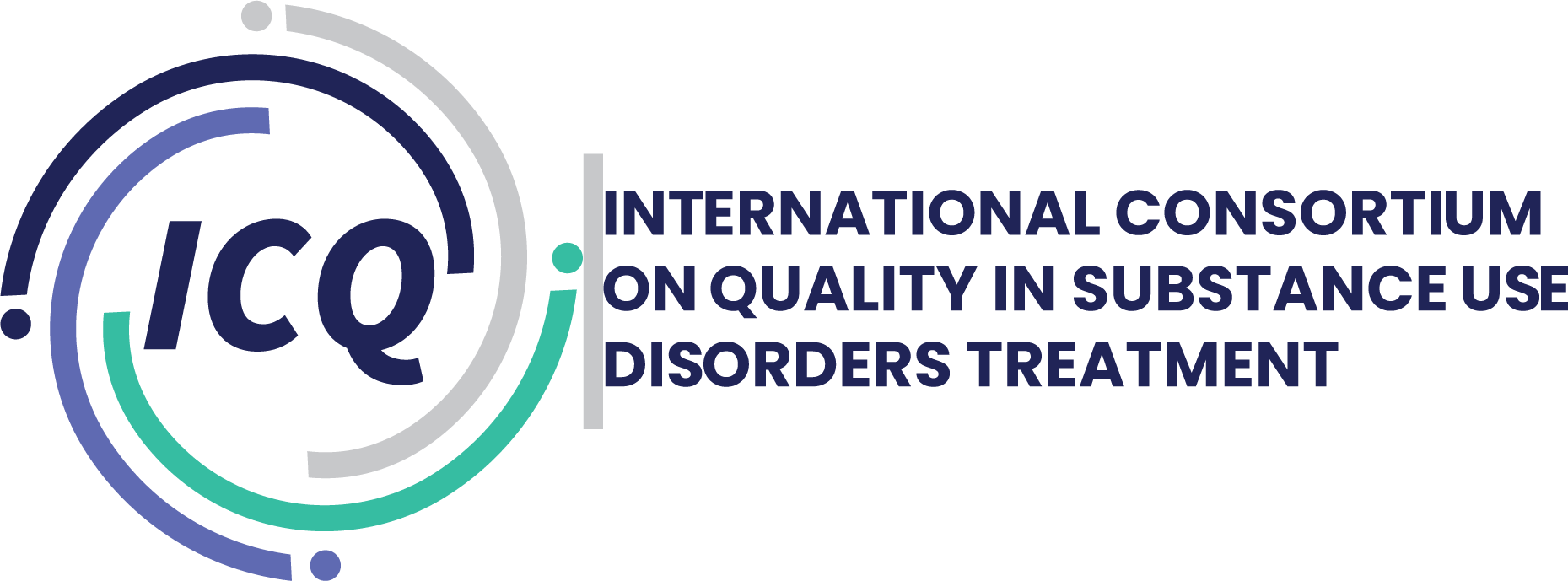Community-based treatment, care, and supervision for people with substance use problems who are involved with the justice system.
Reduce Drug Related Crime
Evidence-based treatment practices for drug involved adults in the criminal justice system.
Abstract Objective The aim of this study was to estimate the extent and organizational correlates of evidence-based practices (EBPs) in correctional facilities and community-based substance abuse treatment programs that manage drug-involved...
Prevalence of Psilocybin Use in Vaping and Associated Factors: A Study among Amphetamine-type Stimulants (ATS) Use Disorder in Malaysia
The emergence of New Psychoactive Substances (NPS), including synthetic psilocybin, has raised concern among health experts due to the numerous health and socioeconomic consequences. The current trend is shifting to the hazardous use of synthetic psilocybin in vaping, and little is known about the prevalence of use, specifically among ATS users.
Reducing Drug-Related Crime
Drug-related crime remains a major challenge for many countries, including Indonesia. The concept of reducing drug-related crime refers to efforts aimed at lowering crime rates that are directly or indirectly triggered by the abuse and trafficking of narcotics. This approach not only emphasizes law enforcement against drug dealers and criminal syndicates, but also includes preventive strategies, user rehabilitation, disruption of criminal networks, and community-based interventions.
Community-Based Corrections: An Alternative to Incarceration in Sri Lanka
Community-Based Corrections (CBC) is an effective alternative to imprisonment, especially for minor offenders. This approach provides minor offenders with a valuable opportunity to amend their criminal behavior within the community, thereby reducing stigma and marginalization while sidestepping the often punitive nature of incarceration.
The situation of Drugs Law Enforcement in Indonesia
Geographically, Indonesian archipelago is vulnerable to illicit drug trafficking as it is located at a very strategic location, that is the intersection of two oceans and two continents, lays on a trading route with a very high traffic of people and goods. Indonesia consists of 17,508 islands by the coastal line as 85.000 km long and has a great of population which has reached 279 million of people.
Combat Drug Abuse and Trafficking in Indonesian High-Risk Areas
Indonesia faces a persistent and complex challenge from drug abuse and illicit trafficking, a situation the government has declared a national emergency. The archipelagic nation's unique geography and socio-economic dynamics contribute significantly to its vulnerability, making it a critical focus for comprehensive intervention strategies.
Justice Decisions that Impact Drug Related Crime
Talking Points: Learn about the connection between drug use and crime. Identify key legal distinctions that (should) drive justice responses. Understand how applying the appropriate approach reduces crime.
Community-Based Drug Treatment in the Justice System: What Works in Reducing Crime?
Every year, over 6 million persons globally are in contact with the criminal justice system for drug-related offences. Significant increases in prison populations worldwide are largely caused by the arrest and incarceration of persons whose crimes are related to drug use. Many countries are exploring different options to reduce crime and incarceration through the use of community-based drug treatment.
Reducing Drug-Related Crime: A Comprehensive Approach from The Indonesian Directorate Generale of Corrections, Ministry of Immigration and Corrections, Republic of Indonesia
Indonesia confronts significant challenges from widespread drug abuse, impacting public health and leading to high incarceration rates. As of July 2025, the National Narcotics Board (BNN) reports 3.3 million narcotics addicts, with over 147,000 drug offenders constituting 53% of the Indonesian prison population.
Making a Difference Across Illinois
BOOSTING TREATMENT SUCCESS & VALUE People referred to substance use treatment by the justice system (courts, probation, parole) are significantly more likely to complete it when they also receive TASC (Treatment Accountability for Safer...
